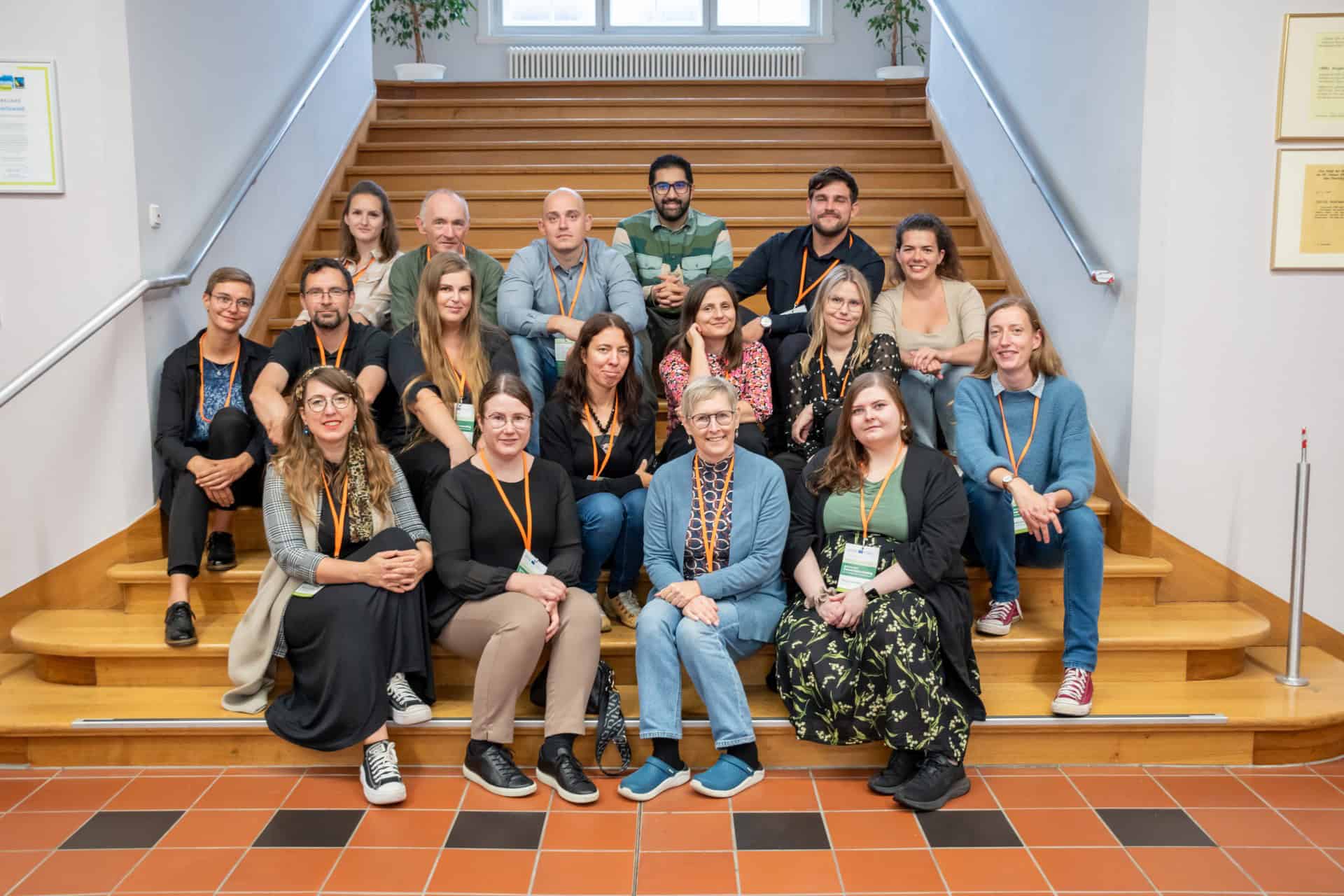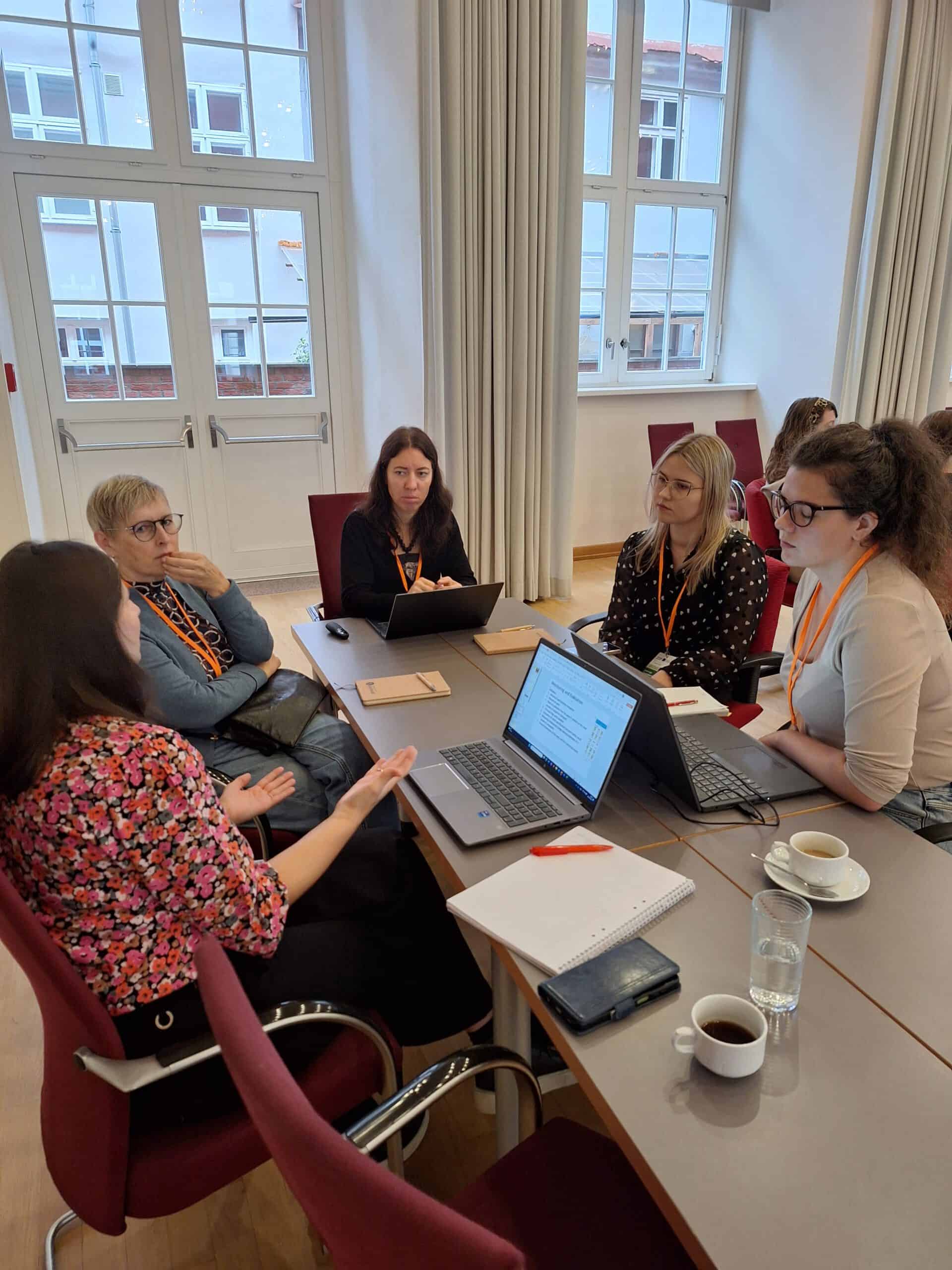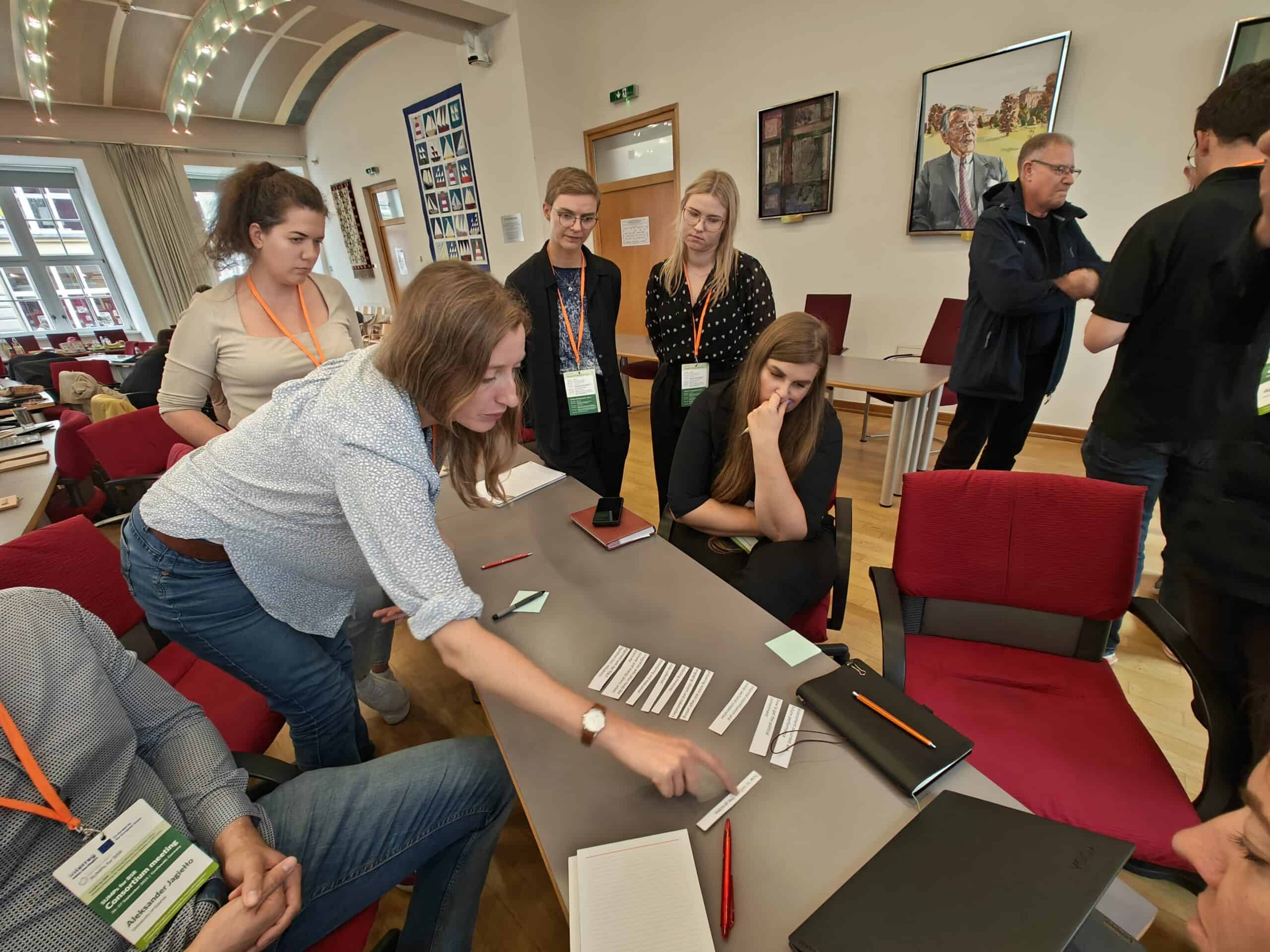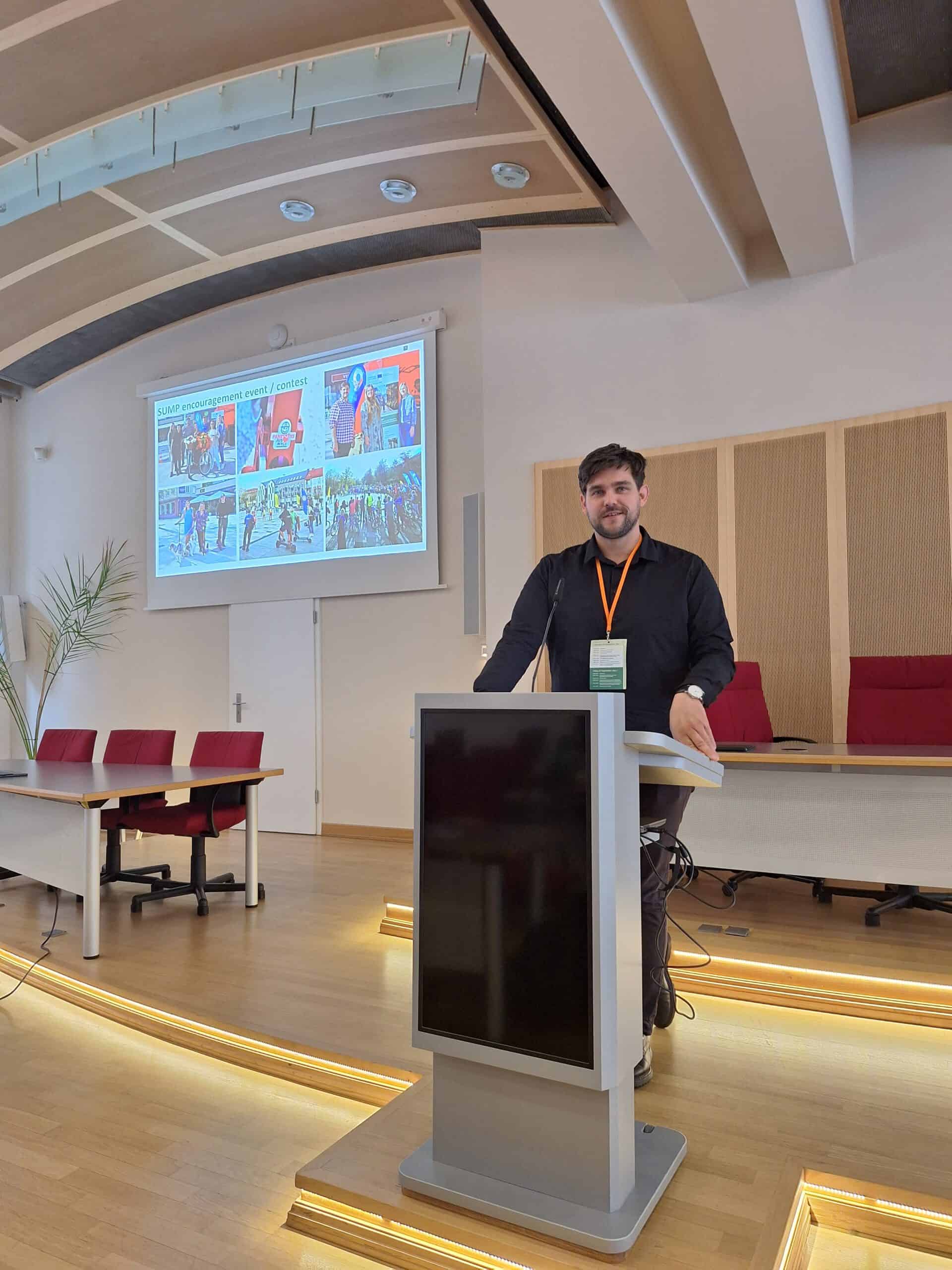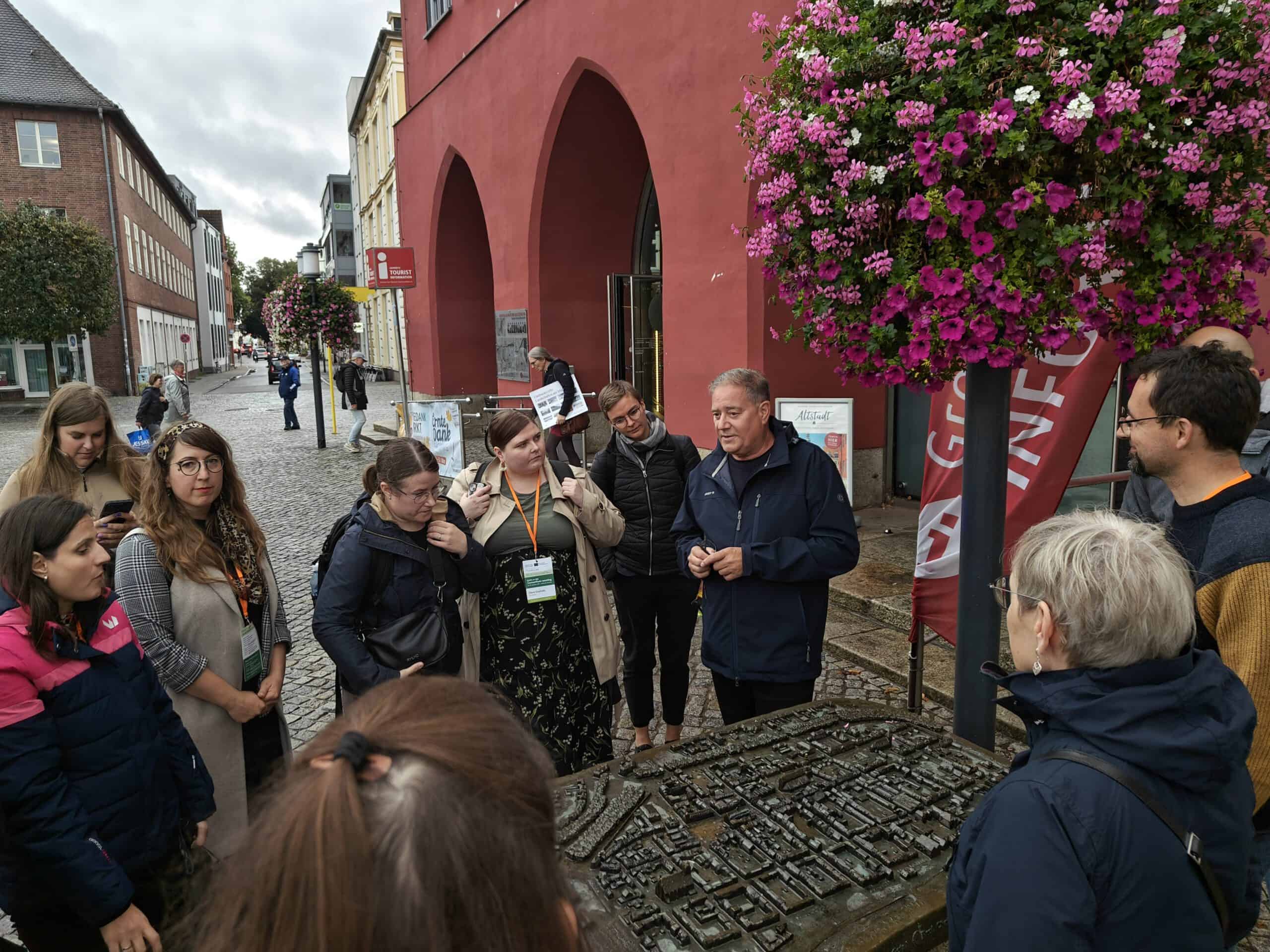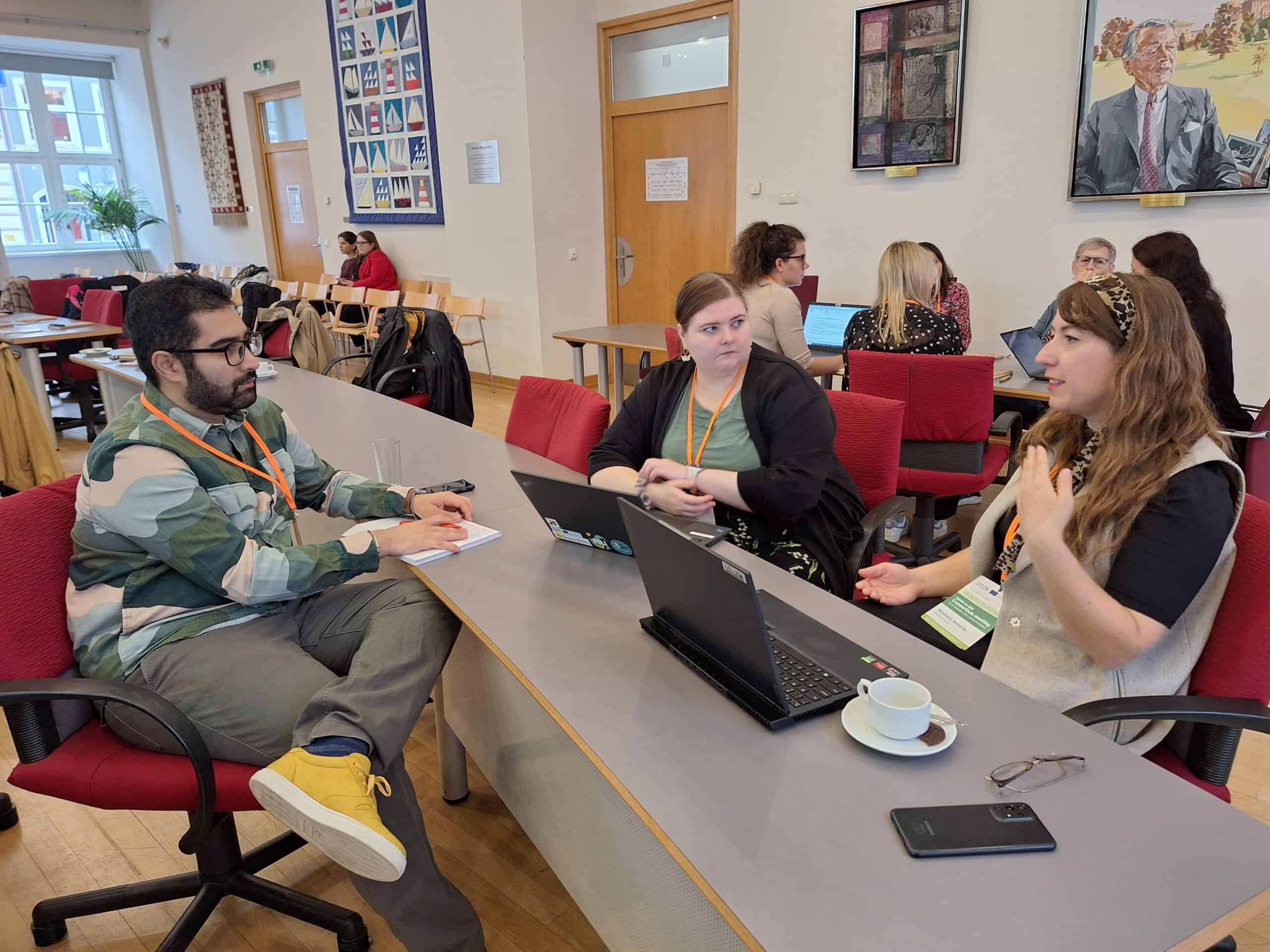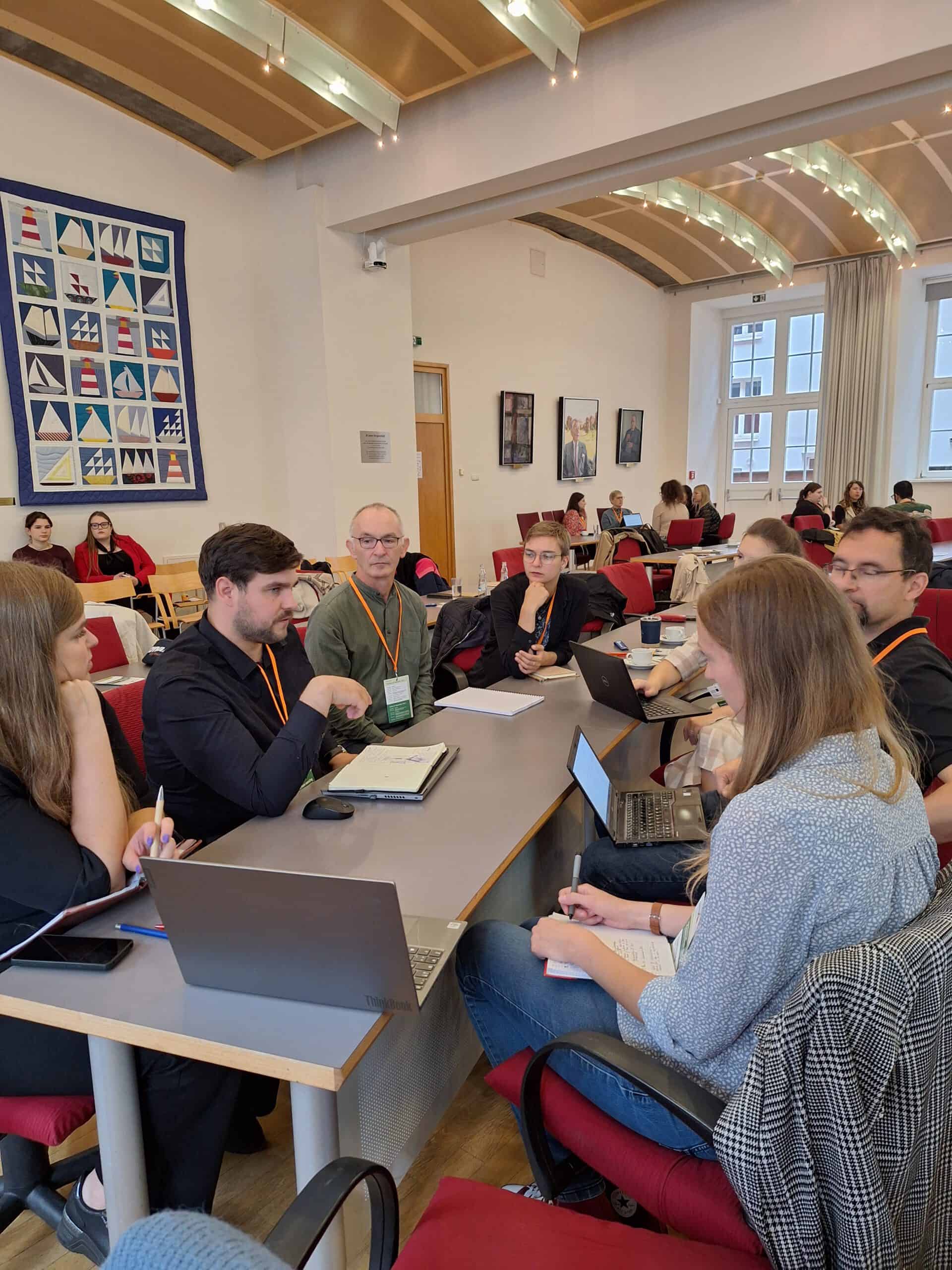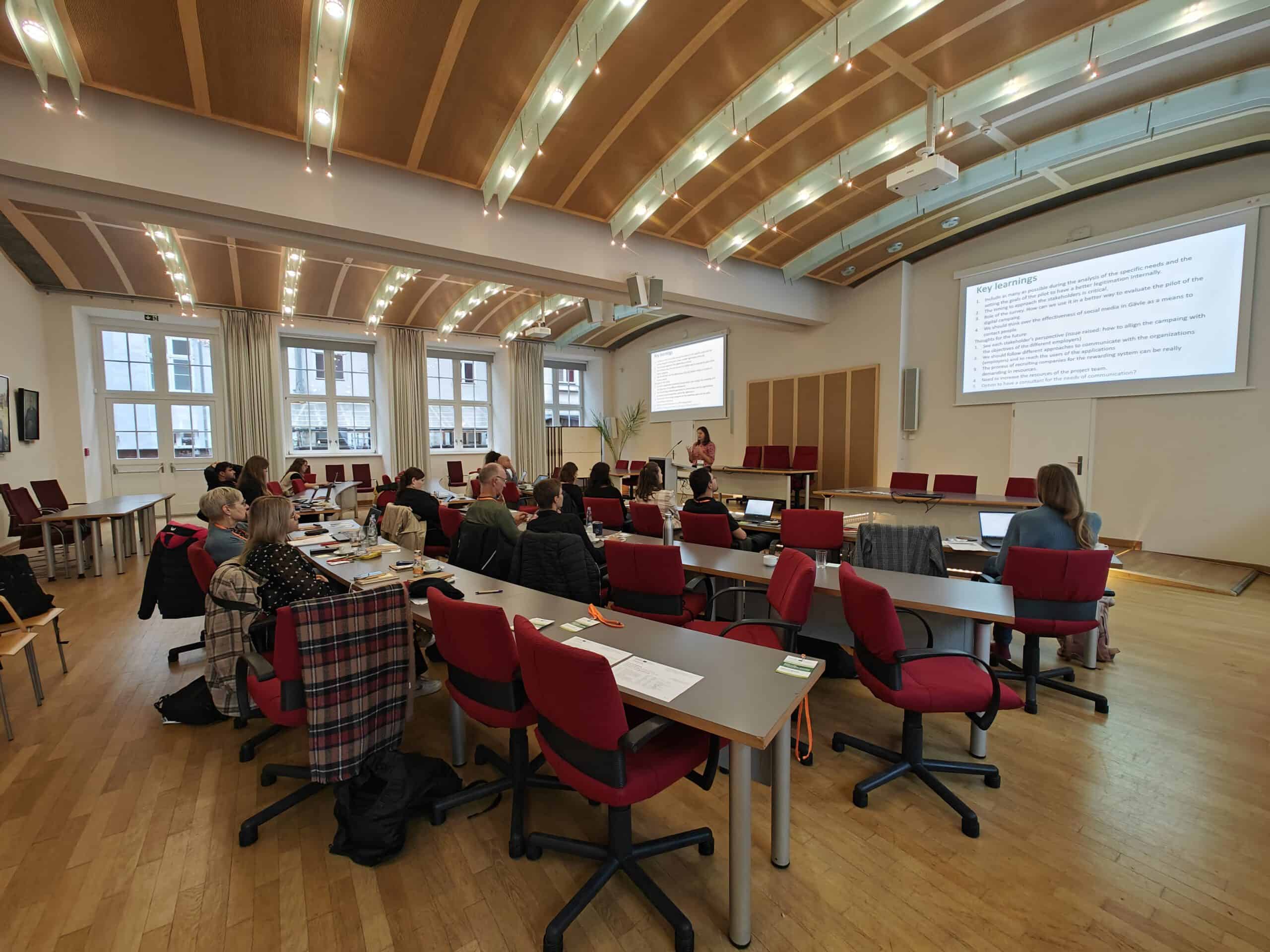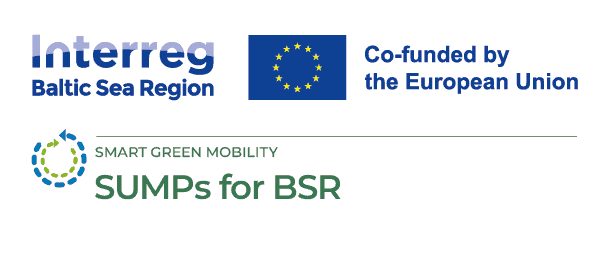
Consortium Meeting in Greifswald: A Milestone for the SUMPs for BSR Project
08 October 2024
As the SUMPs for BSR project approached the end of its first year of implementation, partners gathered in Greifswald, Germany, on 26–27 September 2024 for a consortium meeting. Hosted in the historic City Hall of Greifswald, this event provided a perfect opportunity to discuss the status of project’s deliverables, exchange knowledge on pilot plans, and collaborate on further development of training package concept and model for small-scale experimenting in active mobility measures.
Reflecting on the Progress
The meeting kicked off with opening remarks from Ira Sibelius (SUMPs for BSR Project Manager, UBC Sustainable Cities Commission), setting the stage for two days of fruitful discussions and collaboration. With the project approaching its one-year mark, the partners were eager to share their experiences, assess pilot plans, and review the communication actions undertaken, such as successful participation in European Mobility Week and the organization of International Photo Competition on Active Mobility held in September, celebrating Interreg Cooperation Day.
Learning lessons from peers
Day one was highlighted by the Peer Review Group meeting, led by Maarja Käger and Kertu Ling from the Institute of Baltic Studies. This active workshop allowed partners to share lessons learned in their respective cities while planning their local pilots. The discussions covered a wide range of critical topics, including evaluation, stakeholder engagement, and the challenges of reaching target groups.
During this session, each city partner had the chance to update their pilot presentations based on the feedback received. By sharing these lessons in pairs, cities got the opportunity to reflect on their planning process and refine their approaches. The discussions also included several topics of interest to the participating cities from student campaigns to the introduction of cargo bikes.
Cooperation in knowledge transfer
Second half of the day one of the meeting was dedicated to the co-development of the training package for Sustainable Urban Mobility Planning (SUMP). Partners were asked to contribute their insights through discussion and a creative group exercise, imagining themselves as SUMP planners facing real-world challenges. The partners verified and suggested key topics and materials that should be prioritized in the training package. The lively discussions resulted in valuable insights that will guide the development of the concept for a training package on SUMPs.
As a part of knowledge transfer, partners reviewed the results of their recent joint communication measures: the International Photo Competition on Active Mobility. With over 155,000 people reached, it was considered highly successful, nevertheless, the areas for improvement in effective public engagement were identified. Cities also shared their experiences with events held during European Mobility Week, including Kidical Mass rides and open-air movie screenings, etc.
Exploring Greifswald’s History
In addition to the productive workshops and discussions, the consortium enjoyed a walking tour of Greifswald’s historic city centre, exploring the different areas of the Hanseatic and University City, from the old city architecture to the sites of local pilots. This informal outing facilitated further networking while appreciating the city’s cultural and historical significance.
Final Day: Active Mobility Promotion and Monitoring & Evaluation Framework
Day two started with a deeper dive into small-scale experiments on active mobility. Partners were engaged in workshop, divided into peer groups, they were offered to assess the guidance materials for these experiments, by planning the small-scale pilot of their peers. With many finding the model to be useful, partners also offered valuable suggestions for improvement.
The meeting concluded with the presentation of the draft Monitoring & Evaluation (M&E) framework for SUMP. Led by Marcin Wołek and Aleksander Jagiełło from the University of Gdansk, the session sparked a dialogue on the availability and relevance of data. The partners’ inputs from the discussions will be used to refine the draft M&E framework moving forward.
Greifswald’s Hospitality
The city of Greifswald proved to be a great host, organising a well-coordinated event in the heart of the city. Located just steps from the market square, the City Hall was an inspiring venue for two days of collaboration, reflections, and learning. The meeting not only strengthened the bonds between project partners but also highlighted the importance of knowledge exchange in advancing sustainable urban mobility in the Baltic Sea Region.






